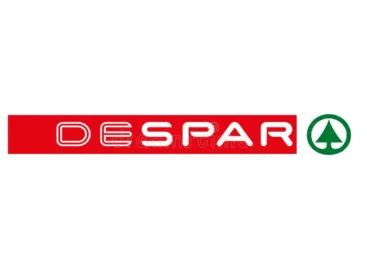New routes on the Milky Way
On 23 February the Milk Interbranch Organisation and Dairy Board held its tenth annual conference – this time online.
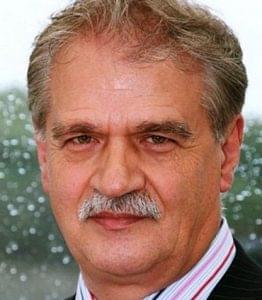
Miklós Istvánfalvi
president
Milk Interbranch Organisation and Dairy Board
Managing director Zoltán Harcz welcomed the participants and the first speaker was president Miklós Istvánfalvi, who stressed that the situation of the sector is stable. By 2019 farmers reached the 2-billion-litre level in annual production and the output has been growing ever since.
CAP in focus

dr. Zsolt Feldman
state secretary of agriculture
Ministry of Agriculture
Dr Zsolt Feldman, state secretary of agriculture spoke about Hungarian milk’s 95% share in retail, and said that the country can produce nearly 100% of the milk and dairy products it consumes. The new cycle of the European Union’s Common Agricultural Policy (CAP) is going to start on 1 January 2023. Hungary has already submitted its strategic plan for area- and production-based payments to the European Commission for approval. Hungary’s government intends to use a new system for the direct financial support of farmers. Sound financial plans and the quality of grower/supplier cooperations will be analysed more thoroughly than in the past, before decisions are made about which investment project to finance.
Private labels: bigger market share than the average
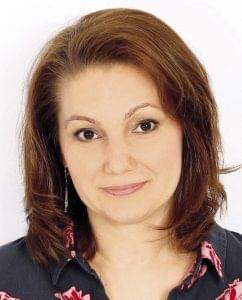
Tünde Turcsán
FMCG director
GfK
Tünde Turcsán, GfK’s FMCG director reported that shoppers visit grocery stores less often, but the basket value has grown – by 19% in 2020 and by 7.3% in 2021. As for private label (PL) products, their market share didn’t increase from 2020 to 2021 in the FMCG category, but in the dairy product segment it was growing in the last two years. Discounters’ share in FMCG sales is 31%, but in the dairy product category it is nearly 41%. According to the GfK Household Panel survey, PL milk and dairy products had a 46.6% market share, and in the discount supermarket channel this share was even bigger at more than 70%! A GfK survey has found that 64% of consumers think PL products offer just as good quality as branded products.
NAK efforts to protect suppliers

Balázs Győrffy
president
NAK
Balázs Győrffy, president of the Hungarian Chamber of Agriculture (NAK) told about the food price cap that stopping inflation is a macroeconomic interest. NAK does everything it can to protect growers and food processing companies. In the next phase the chamber will study how much the price cap will transform the structures of supplier groups. NAK’s calculation is that the price cap will only decrease the profit margin of retailers by 5-10%. The president believes that PL product manufacturing is a good opportunity for many Hungarian businesses for entering the market, but the vulnerability of suppliers must be reduced as much as possible. At the moment NAK is busy drafting sample contracts to fight the unfair trade practices of retailers.
Loan-based crisis management worked
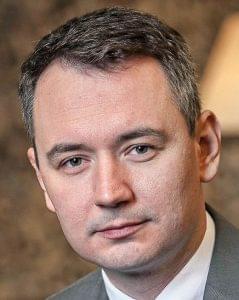
András Balatoni
director
Hungarian Central Bank (MNB)
András Balatoni, director of the Central Bank of Hungary (MNB) told in his presentation that unlike during the 2008-2009 economic recession, in the COVID-induced crisis period MNB’s strategy was loan-based, with the central bank ensuring the financial liquidity of every economic actor. This is one of the reasons why the country’s economic performance was already 3.4% above the pre-pandemic level at the end of 2021. At 7.1% the Hungarian GDP growth was growing faster than ever before since 1977. The level of investment has remained high despite the pandemic. Although the country’s economy remained active in the first quarter of 2022, the inflation rate increased to 7.9%.
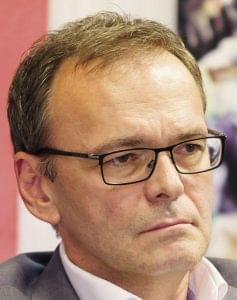
Péter Szautner
president
Dairy Board
The conference ended with an evaluation by Dairy Board president Péter Szautner, who stated: after a successful 10-year period, the task ahead of the sector is to prepare for the challenges of the next 5-7 years.
Related news
Not a turnaround, but consolidation: an agricultural outlook for 2026
🎧 Hallgasd a cikket: Lejátszás Szünet Folytatás Leállítás Nyelv: Auto…
Read more >K&H Insurance receives MNB award for green finance
🎧 Hallgasd a cikket: Lejátszás Szünet Folytatás Leállítás Nyelv: Auto…
Read more >Related news
Tesco sets out store expansion plans in 2026 including five former Amazon Fresh sites
🎧 Hallgasd a cikket: Lejátszás Szünet Folytatás Leállítás Nyelv: Auto…
Read more >



